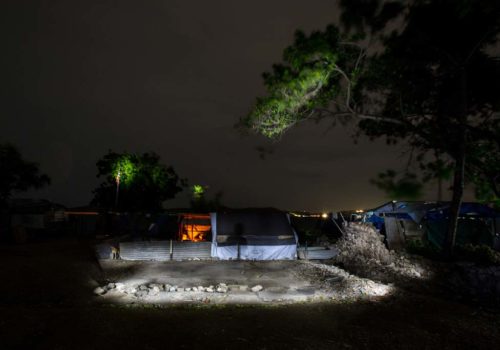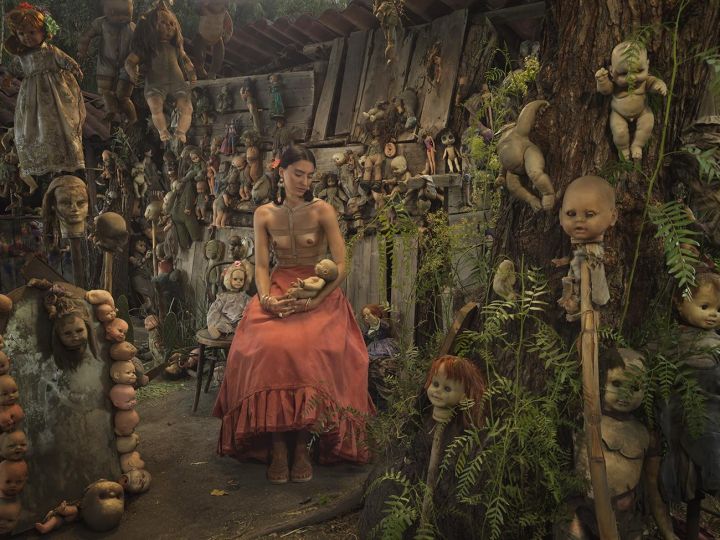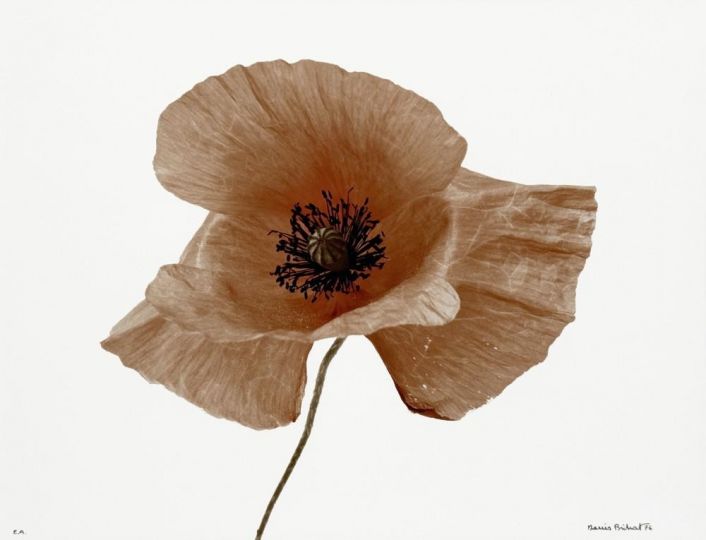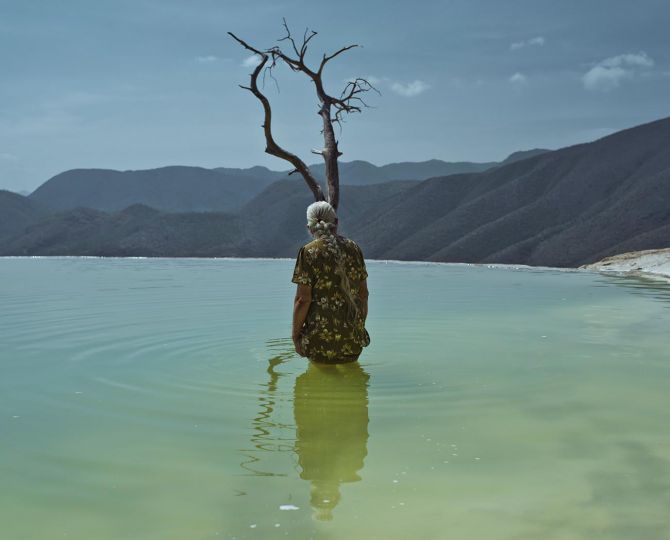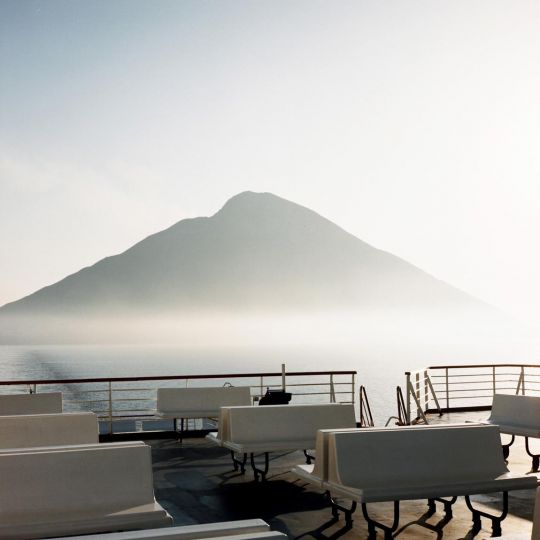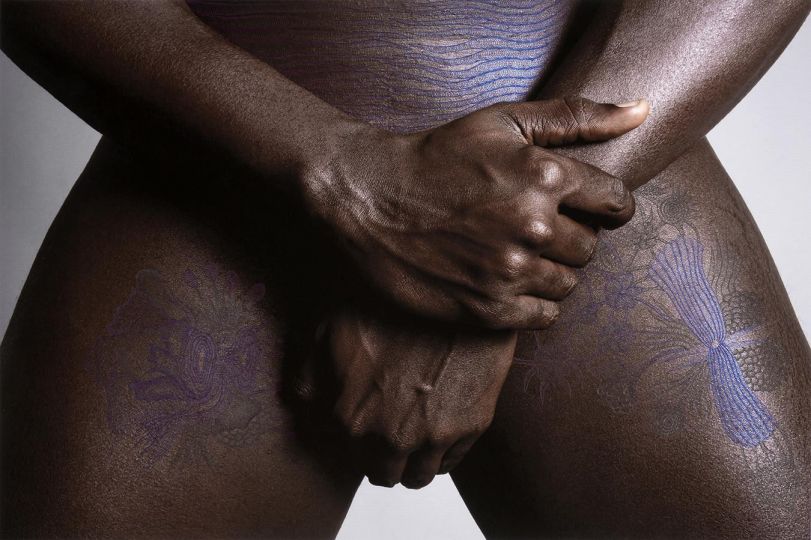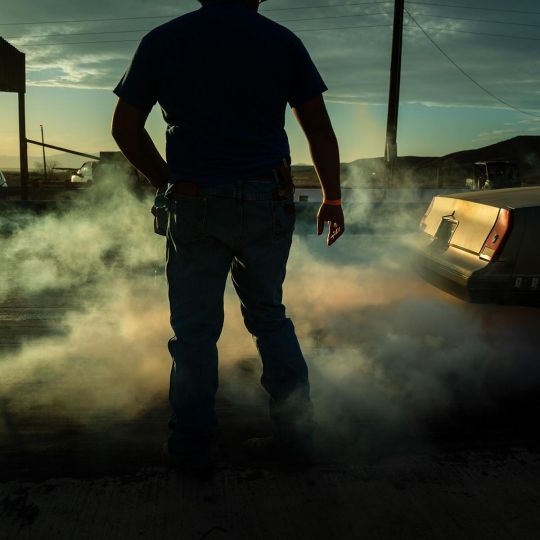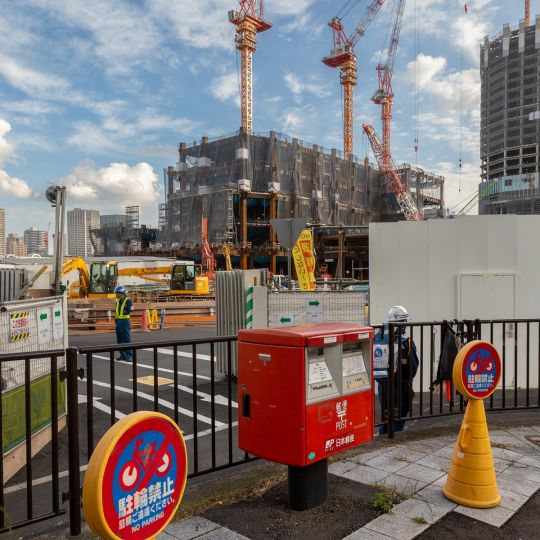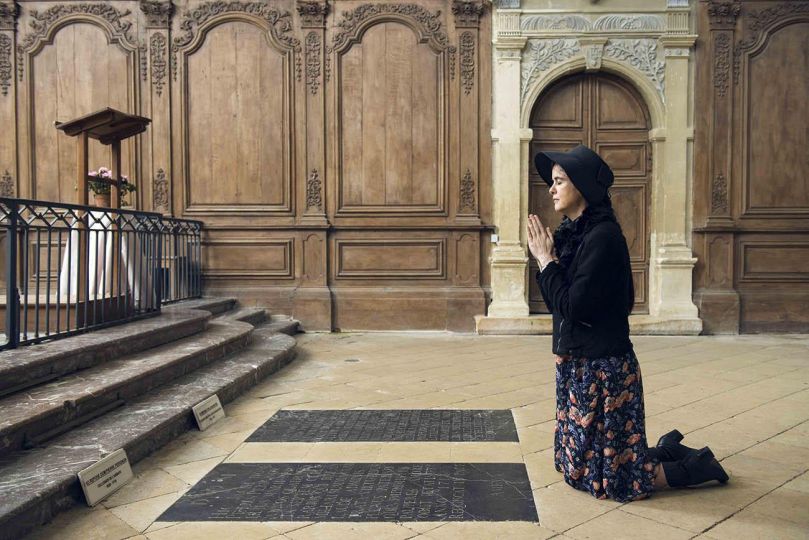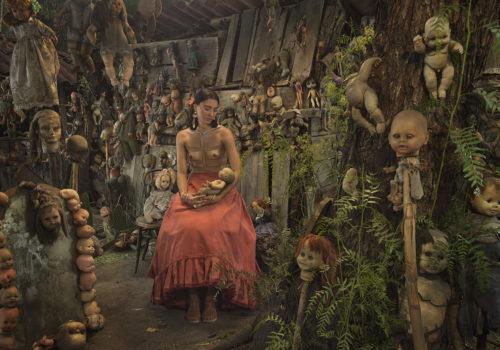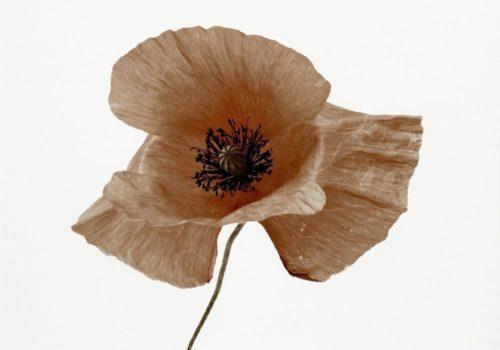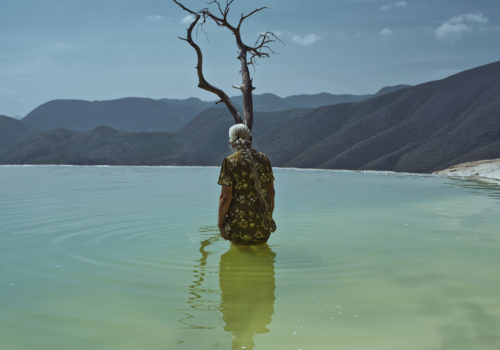We often perceive slums as dark dens of poverty and despair, where criminals, juvenile delinquents, and squatters wander aimlessly amongst ramshackle, makeshift structures. We draw a clear distinction between the slum dwellers and ourselves: they are the “other”. This is how slums across the world have long been portrayed in most discourse.
In 2007, for the first time in history, the world’s population was more urban than rural. Of this urban swell, one out three– one billion people around the world – lives in a slum. Urban development now appears to be synonymous with the growth in urban poverty where the gap between strata has become starkly evident in the majority world. This is a world in which slum dwelling has become the most prevalent form of urban settlement.
“Where we live matters” is the story of the residents of the Paga Hill slum in Port Moresby, the capital city of the southwestern Pacific nation of Papua New Guinea, in which 45 percent of the population lives in slum neighborhoods.
On 12 May 2012, one hundred police officers armed with assault rifles and machetes descended on the Paga Hill slum with the aim of driving out its residents and demolishing one of Port Moresby’s oldest neighborhoods. This forced eviction was carried out to make room for Paga Hill Estates, an “exclusive” residential development project overlooking Port Moresby bay. The attempted eviction, initiated by a Development Company, constituted a gross violation of internationally recognized human rights, including the right to adequate housing.
By the time the evictions were brought to a halt through the intervention of the PNG opposition Leader Dame Carol Kidu, twenty one families stood homeless.
Slums are often perceived as dark, frightening places, the corners of our cities from which we turn away. Paga Hill is no different. The images presented in this project seek to put human faces on Paga Hill’s residents, telling their stories rather than leaving them relegated to statistics, stigma and prejudice.
Where we live matters. Our place of residence dictates whether or not we have access to basic services, whether or not we are employable, indeed, if we are even fully human in society’s eyes. This project aims to challenge the viewer’s perception of slum dwellers and to highlight the critical truth that, irrespective of a person’s place of residence, all people have the same basic needs, hopes and fears.
Philippe Schneider
Philippe Schneider was born in France in May, 1967. After dabbling in student activism whilst completing a Bachelor of Arts and Communication at university, Philippe found his calling as a Humanitarian Aid Worker. He has been exposed to the spectrum of human existence whilst working in Iraq, Lebanon, Palestine and Darfur. Philippe believes that the commentary of human experience can ideally be shared through the medium of photography and strives to create work that informs.

